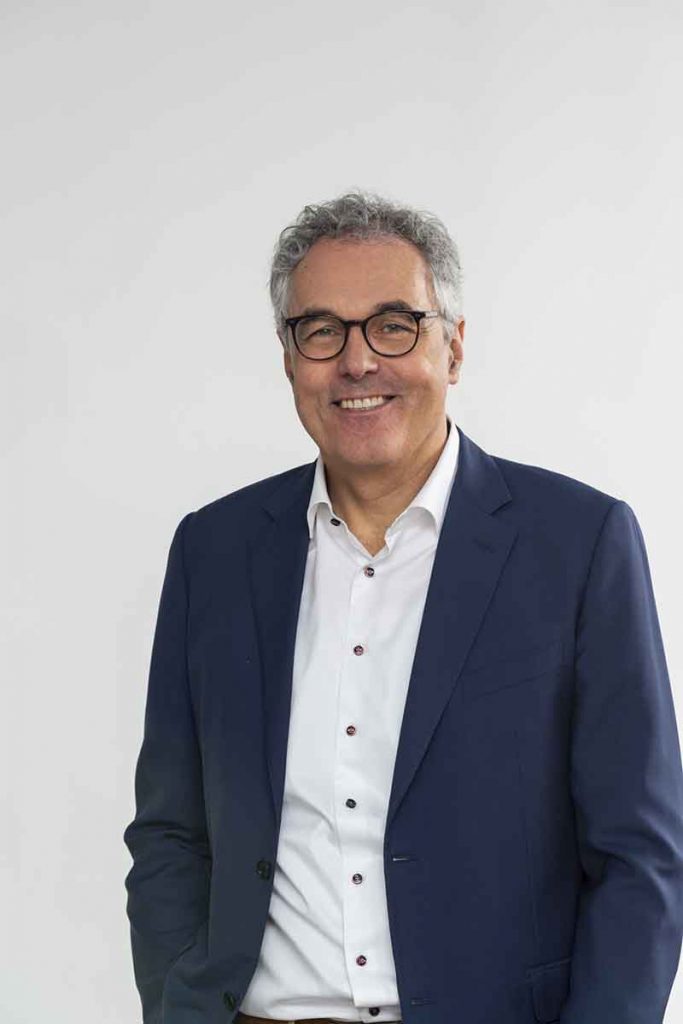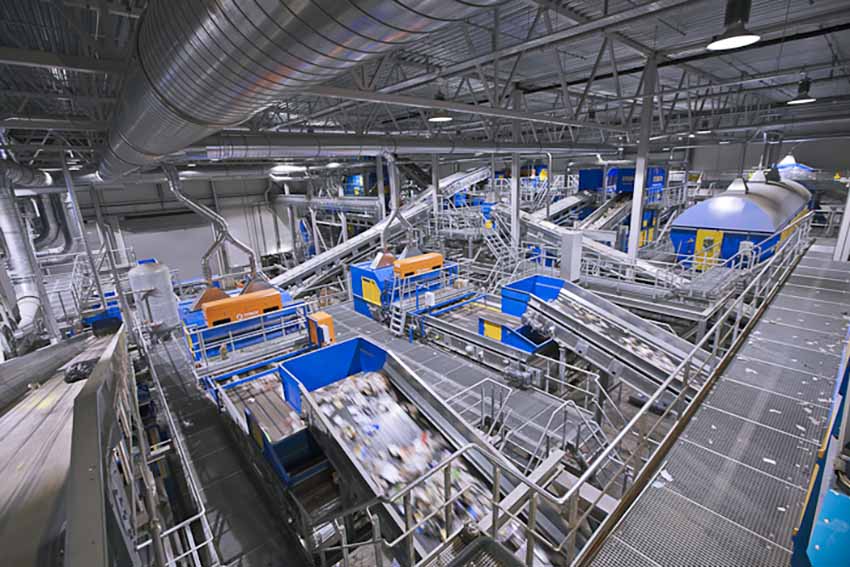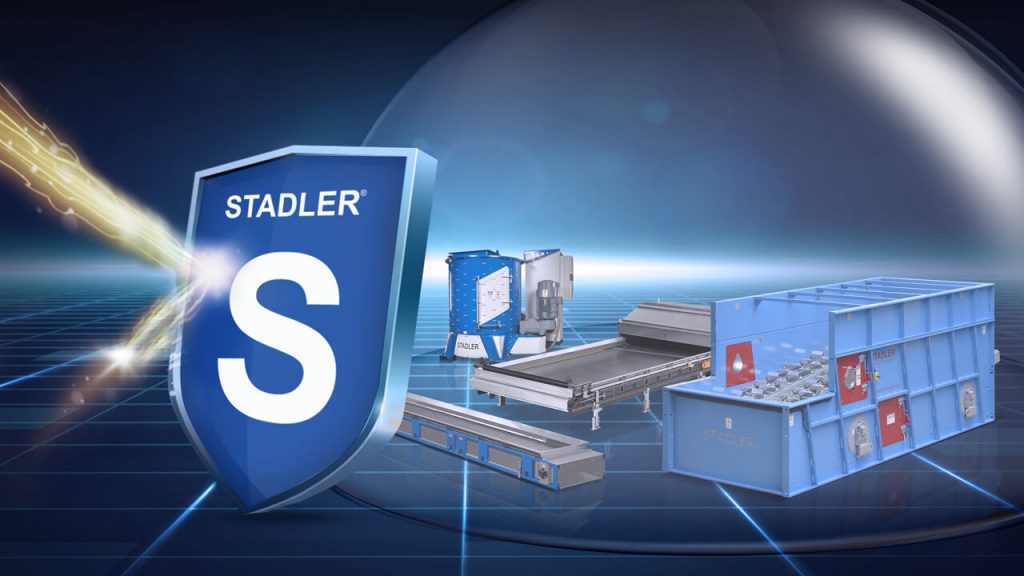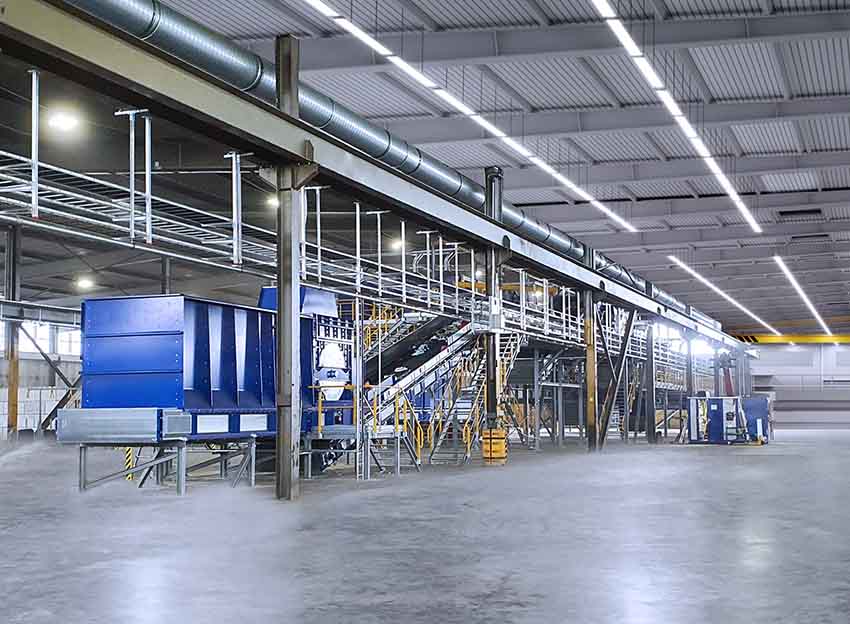Interview with Mr. Willi Stadler, CEO of STADLER Group.

Easy Engineering: What industries do you think will grow in 2021?
Willi Stadler: Further growth can be expected this year in those industries which offer solutions during the Covid 19 pandemic or are not adversely affected by it. For example, biotech companies, and online retailers such as Amazon, Zalando and Fresh Hero. Unfortunately, the pandemic also means some industries will suffer – businesses such as restaurants, hotels, trade fairs, taxi companies, and the event industry. Some sectors that already suffered a lot during 2020, such as the airline industry, will see growth in 2021, but only at a low level.
E.E: What solutions do you provide for these industries?
W.S.: Some of the companies we’ve just mentioned, such as the online retailers, have the right business model. In other sectors, like the car industry, businesses have to recognize disruptions as quickly as possible and react accordingly.
E.E: Tell us about product innovations and what is their impact on customers?
W.S.: Continuous innovation and fast innovation cycles are essential and vital for every company. Start-ups are known for fast innovation. That’s why one good way for medium-sized companies to accelerate their innovation is by collaborating with suitable start-ups or initiating their own. With innovative products we like to deliver added value for our customers.

E.E: What industries do you think will grow in the future?
W.S.: I expect that, above all, those industries will grow which can adapt their business model to changing needs. Old business models have to be questioned continuously and it is important to find important added values for the customer.
E.E: What solutions do you bring for these changing industries?
W.S.: Our company is in the business of waste sorting and works with all kinds of waste. The primary goal should be to avoid waste. If this is not possible, the materials should be reused or recycled.
There are several trends in our sorting and recycling business. One is continuous automation of the plant so that the waste and the valuable materials do not have to be sorted manually. In Norway, STADLER built the first Municipal Solid Waste sorting plant in the world which is totally automated.
Another trend is preventive maintenance. This means we can tell the customer in advance where there could be problems in the sorting plant and how to act in such a way that unplanned shutdowns are avoided.
A further trend is sorting materials which it wasn’t previously possible to sort. For example, five years ago our company started conducting sorting tests with textiles, in cooperation with big textile companies and Near Infrared Specialists – and in 2020, in Sweden, we opened the world’s first fully-automated sorting plant for textiles. With such pioneering work, STADLER can contribute further to the sustainable handling of such materials. These textiles can be recycled and reutilized.

E.E: How will you adapt your solutions for the future?
W.S.: We have to continue to be innovative in order to find the best solutions for our customers worldwide.
E.E: How will these solutions benefit users?
W.S.: With full automation, the customer doesn’t need any manpower in the sorting process. This lower costs and solves problems arising from the scarcity of labor.
With preventive maintenance, we can guarantee higher availability of the plant. This means more capacity and more profits for the customer.
And with sorting new types of products, such as textiles, we can enable profitable new business models for our customers – and what’s even more important, together we can make a contribution to the environment, saving raw materials, saving energy, and reducing greenhouse gas emissions.

E.E: The industrial internet of things is seen as the future. What solutions do you provide and how does this impact you?
W.S.: The digitalization of processes is a big topic. This has already started in the administration of our company, with incoming and outgoing invoices no longer sent or stored internally in paper form, but 100% digitally. Now processes in sales, design, project planning and production are also being digitalized. This makes processes faster and more secure, as well as making data easier to find.
Our goal, above all, is to deliver added value to the customer. Preventive maintenance is a good example of this.
E.E: How do you think 5G will improve industrial processes?
W.S.: With 5G you can transmit more data, and transmit it faster. This is significant because collecting and applying data will become more and more important in improving efficiencies. This will happen in our business and in all industries.

